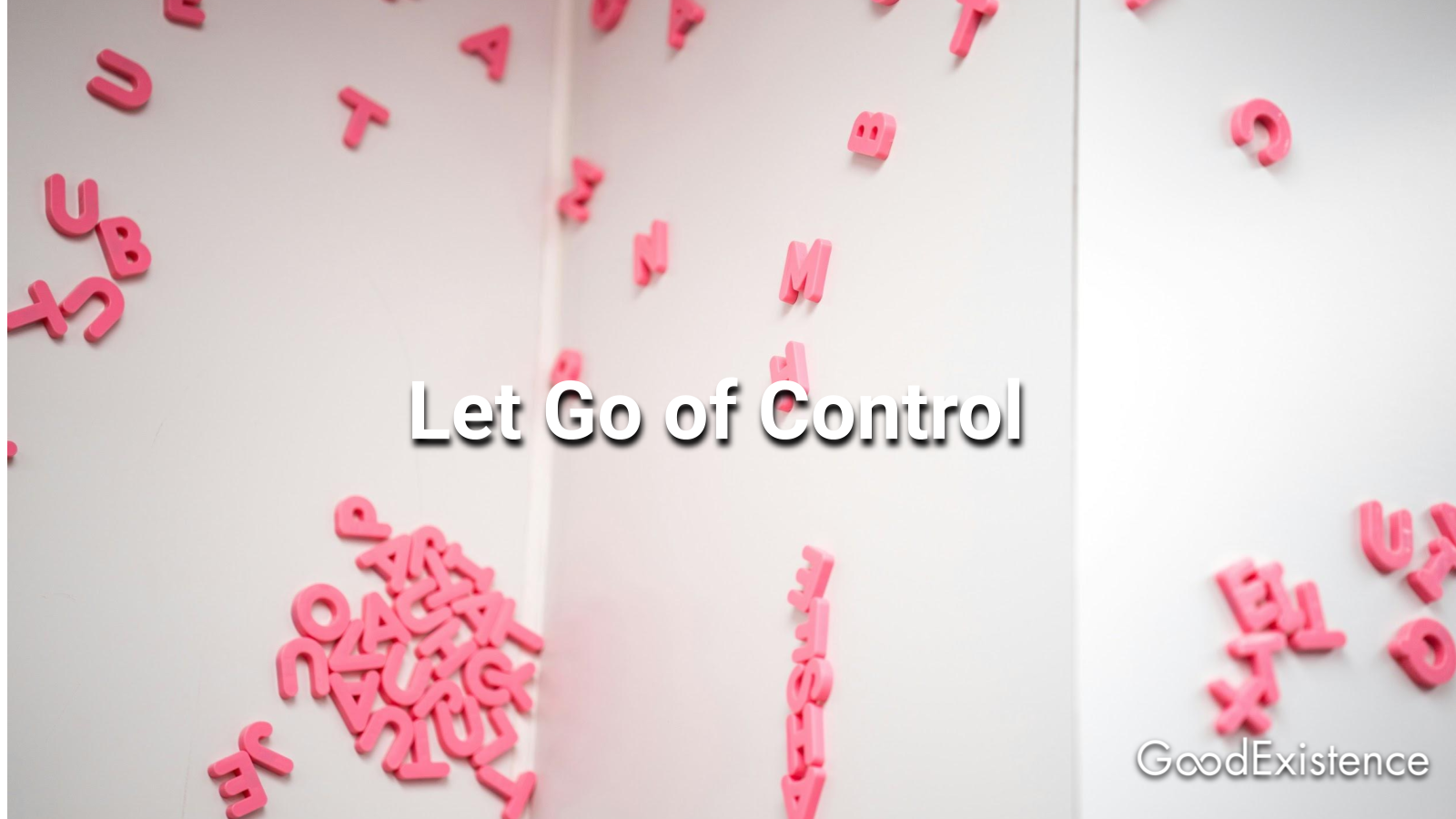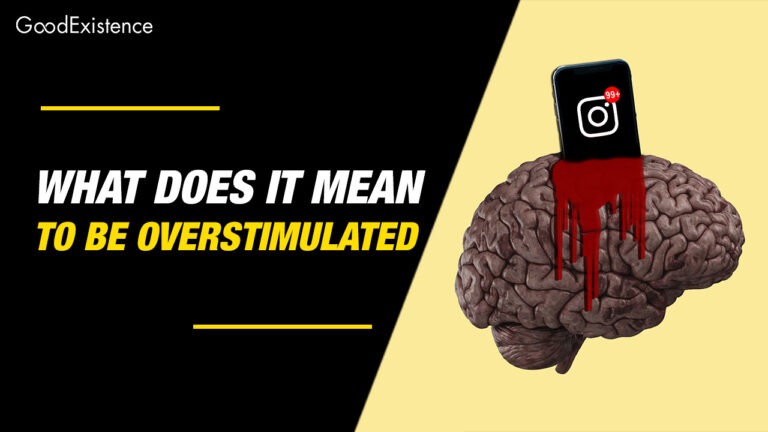
I used to think if I just controlled everything, I could finally feel at peace—but the more I gripped, the more life slipped through my fingers.
Trying to control every part of our lives sounds like a smart plan. Structure. Goals. Discipline. Who wouldn’t want to feel on top of things?
But here’s the truth: control is often just fear in disguise.
Let’s talk about it.
Why We Try So Hard to Stay in Control
If you’re like me, you probably want to do the right thing. Hit your goals. Stay healthy. Be productive. So you start gripping tighter.
- You build a perfect routine.
- You plan your meals down to the calories.
- You create a to-do list that fills your entire day.
- You try to eliminate every distraction.
It seems like the right path. But when something goes wrong—a late start, a missed workout, an unexpected emotion—you feel thrown off. Maybe even frustrated. Worse, you might feel like a failure.
That’s how I lived for years—always trying to “fix” myself through more control. I thought self-discipline meant total domination over my habits and emotions.
But I was wrong.
The Illusion of Control
For me, control was a way to mask anxiety. I didn’t trust myself. I wanted certainty. So I created structure, rules, and systems. Some helped. But when I leaned too hard into control, I started spiraling.
Back when I was overweight, addicted to binge eating and gaming, I would try to “white-knuckle” my way through change. I’d say, “No more junk food. No more gaming. Starting tomorrow, I’ll be perfect.”
It never worked.
Inevitably, I’d slip. Then I’d feel guilt, shame, and frustration. So I’d try to regain control with even stricter rules. That led to bigger crashes. It was like trying to hold water in my hands by squeezing tighter.
Eventually, it clicked: what I needed wasn’t more control. It was more trust.
What Letting Go Actually Means
Letting go doesn’t mean giving up. It doesn’t mean you’re lazy or don’t care. It means trusting that you are heading in the right direction—even if it’s not perfect.
Letting go looks like:
- Not beating yourself up after a “bad” day
- Trusting your process over needing instant results
- Giving space for emotions, instead of suppressing them
- Letting God lead, instead of trying to do it all yourself
When I let go of the need to control everything, I started making real progress.
It started small.
Instead of forcing myself to work 10 hours a day, I focused on just 2–4 hours of deep, meaningful work.
Instead of punishing myself for slip-ups in my diet, I focused on celebrating small wins—like prepping one healthy meal or walking 10 minutes.
Instead of trying to fix all my flaws at once, I leaned into faith. I started praying more. Reading scripture. Relating to others who shared this journey with me.
Did I mess up? Yep. Still do. But the shame stopped owning me.
Practical Tips to Let Go of Control
If you’re ready to loosen the grip, here are a few things that helped me:
- Start your day with surrender, not strategy.
Before you check your phone or list your tasks, pause. Take a deep breath. Say a simple prayer: “God, guide my steps today. I don’t need all the answers—just enough light for the next step.”
- Celebrate small wins. Let go of being perfect.
Lost one pound? Nice. Got to bed on time? Awesome. Said no to a small temptation? That counts.
Progress isn’t dramatic. It’s quiet and steady. Trust it.
- Build flexible routines, not rigid ones.
I love structure. But I’ve learned to create “soft” routines. For example, I aim for two solid hours of work after breakfast. But if life shifts, it’s okay.
The key is consistency, not perfection.
- Practice detachment from results.
You can’t always control the outcome. But you can control the effort. I used to obsess over the number on the scale. Now I just focus on the next best action: eat clean, move my body, sleep well.
Results follow consistency—not control.
- Reflect often.
Take time at the end of each day to ask:
- What felt good today?
- Where did I try to control too much?
- Where can I trust more tomorrow?
Self-awareness grows in reflection—not overthinking.
Faith Helped Me Stop Gripping So Tight
In my own journey, letting go really began when I turned to God. I realized that trying to control everything meant I was acting like I didn’t trust Him.
That shift changed everything.
Now, when I feel overwhelmed or tempted to take everything into my own hands, I remember this verse:
“Trust in the Lord with all your heart and lean not on your own understanding.” (Proverbs 3:5)
That’s not just a nice quote. It’s a way of life. One I try to walk daily. Some days I fall short. But I keep coming back to it.
It’s Okay to Breathe
So if you’re feeling exhausted trying to hold it all together, take this as permission to stop gripping so tight.
- You don’t have to control every outcome.
- You don’t have to be perfect.
- You can start small. Trust deeper.
Next time you feel the urge to control everything, pause. Take a breath. Say this to yourself:
“I’m doing enough. I can trust today. I don’t need to micro-manage my healing.”
Because growth happens in the space where pressure falls—and peace begins.
One Question for You:
What’s one small thing today you can release—just a little—and trust that it’ll be okay?
Try it.
You don’t have to fix your whole life at once. Just let go of one thing. And watch what opens up.
You’ve got this.





